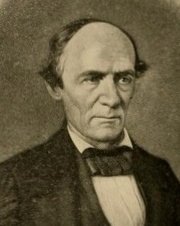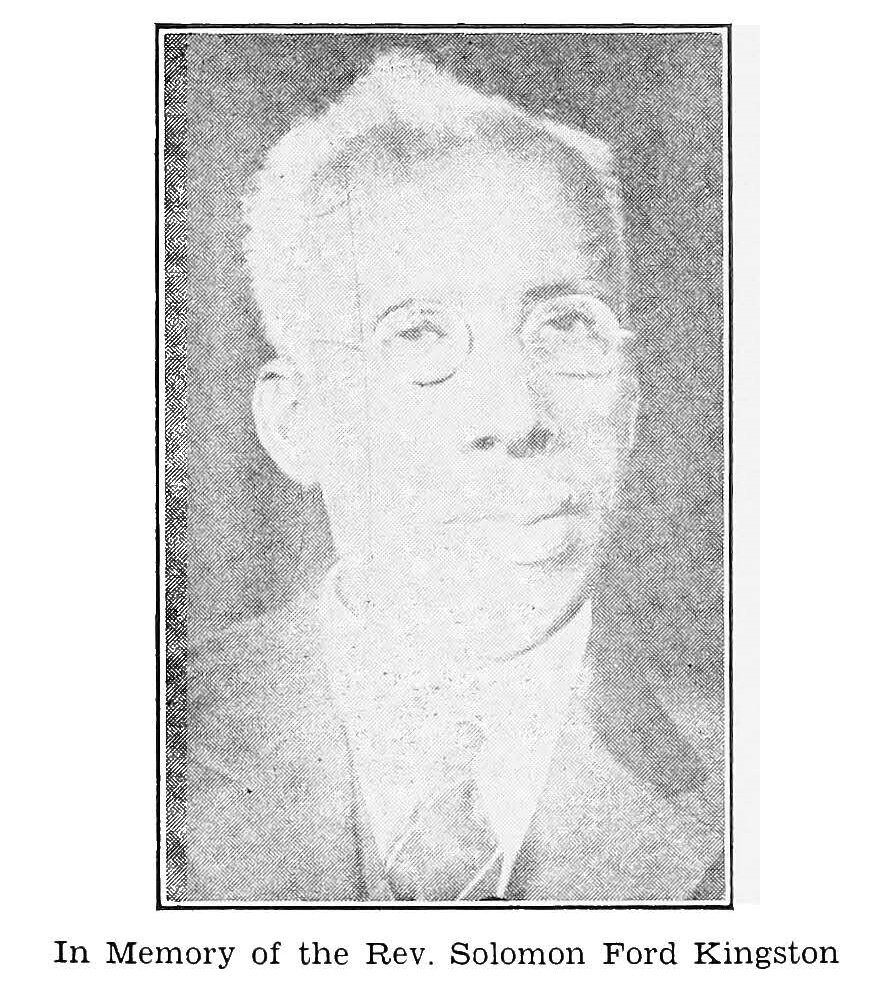The the text upon which Baxter preached was 1 Tim. 3:1: “This is a true saying, If a man desire the office of a bishop, he desireth a good work.” He says that “vital piety” is the chief qualification for such a man. And so it is. But then he goes on to add remarks that lay the groundwork for solid Biblical training for ministers. He joins the head with the heart in his description of the godly minister.
But I think it not only necessary that a minister should possess religion, and that in an eminent degree, he ought to be a man of the most upright, exemplary, and prudent conduct, patient, and forbearing, and able, on all occasions, to command his own temper. I mention this, because there are some professors of religion, of whom charity would teach us to hope well, who are, notwithstanding, subject to a fickleness and inconsistency of conduct, which would be very incompatible with the office of the gospel ministry. Together with the qualifications already mentioned, I think it very desirable, if not absolutely necessary, that a minister of Christ, should possess, in a good degree, the assurance of faith, and a warm zeal for glorifying God in the gospel of his Son.
It is undoubtedly of great importance, that the work of the ministry should not be committed to weak or ignorant men, who might be unable to teach others; competent gifts, as well as graces are indispensably requisite. I do not mean, that candidates ought to be rejected for the want of preeminent talents, but a gospel minister ought to possess a mind naturally sound, and well cultivated. A liberal education may not in all cases be indispensably necessary - uncommon natural talents combined with certain circumstances, may compensate in some degree for the want of improvement; but generally speaking, I think what is commonly called a liberal education ought to be required. A minister of Christ should certainly attend to all those branches of human learning, which might enable him to deliver his message with propriety; and in order to understand his message he ought to be acquainted with the sacred scriptures, in the original languages. There may be some dispute as to the course of study most proper to effect the first of the purposes, or to qualify a man for speaking, but it is certain that to accomplish both the purposes just mentioned, a considerable course of human learning, is absolutely requisite.
But there are some denominations in the world, who declare absolutely against the necessity of a learned ministry, and in support of their sentiments, allege the example of our Saviour, who chose fishermen and mechanics to be the first ministers of the new testament. Their error however, as happens in almost every case of bad reasoning, consists in comparing things which do not resemble. It is true that our Saviour in the first instance, chose mechanics and fishermen to publish the gospel: but to say nothing of the advantages which these men derived from his personal instructions and example, for upwards of three years; when he sent them in to the world, he endowed them with miraculous qualifications; he enabled them to perform miracles, to speak all languages that were necessary, and by a supernatural inspiration, instructed them what they ought to speak. ‘But when they shall deliver you up, take no thought how or what ye shall speak: for it shall be given you in the same hour what ye shall speak. For it is not yet that speak, but the Spirit of your Father which speaketh in you’ [Matt. x.19-20]. Here now, were men, endowed with every qualification, that can be conceived of, or supposed necessary for the purpose. The gift of miracles which arrested the attention and carried conviction to the consciences of the world - the gift of tongues which contributed to the same end, and also furnished them with an opportunity of communicating the treasures of the gospel to all nations - and the spirit of inspiration, which enabled them to give the most appropriate and salutary instructions, on every occasion. I should think, if any thing can be inferred from our Saviour’s example in this case, taking the whole of it together, it would be that a minister of Christ, ought to possess all qualifications necessary for convincing and instructing the world.
But those with whom we contend, will suppose that by possessing real religion, and being taught in the school of Christ, they obtain all the knowledge and qualifications which are necessary. In reply to this, I will readily admit that religion is the best preparative, for understanding the word of God, and I have no doubt the divine Spirit, conspiring with the use of means, greatly assists a pious minister in his studies. But distinct from the qualifications which grace may confer, there are others absolutely necessary, and which may be acquired by a course of human means. It will, no doubt be admitted, as of the first importance, that a gospel minister should have a correct knowledge of the holy scriptures, for without this he is no better than the blind leading the blind. But to understand the holy scriptures, we should be acquainted with them, in the original languages, we should be acquainted with the history of those customs, and events, in the midst of which the inspired penman wrote, and to which they frequently allude; we should be versed in literary science, so as to understand the different modes of writing - the different phrases and figures with which all compositions abound, and the rules of interpretation, to which all writings human or divine, must be subjected, without some knowledge of this kind we shall not be qualified even to follow a good Commentator on the scriptures, or to form any opinion for ourselves. But how is this knowledge to be obtained? It may as already said be obtained by human means, or it might be conferred by the extraordinary inspiration of the divine Spirit. But those who neglect the natural means, and pretend that divine teaching gives them all necessary knowledge, are pretending to an inspiration which supersedes the use of means, and is therefore very distinct from the common operations of grace; for common grace does not supersede means, but encourages and assists in the use of them. But when any one makes pretensions of this kind, he ought to support them by miracles, or some supernatural evidences. The teaching of which he speaks is a secret miracle, and amounts to something like that inspiration which the apostles possessed, and if it be of this kind it needs a public miracle to make it credible. All pretending therefore that we are taught by the divine Spirit what things we ought to learn, as others learn them, should be rejected in the present day, as self-righteous presumption: and if any people give credit to such pretensions, they are manifestly in the high road of error and delusion: and what is worse, they put themselves under the influence of a delusion, which cannot be corrected or reasoned down because they do not profess to be led by reason, or evidence, or scripture, but by the unsupported assertions of a fellow creature. It perhaps would be well to recollect, that the plain line of distinction between impostures, and the real messengers of heaven, has been pretty much the same in every age. An impostor never proves his assertions. Mahomet had his secret miracles and inspirations, but he did not pretend to confirm them by any public miracles; and modern impostors, have their illumination and teachings for which they can give no evidence but their own assertion. On the other hand the real messengers of grace always deal with mankind as with reasonable creatures; when they introduced a divine revelation into the world at first they confirmed it by sufficient and undeniable miracles, and since the age of miracles has ceased they require the belief of nothing but what can be proved from a revelation sufficiently authenticated. These observations will, I trust, be sufficient to show that the improvement or knowledge necessary for the ministerial office are not to be expected in a supernatural way, and therefore that a course of scientific education is absolutely necessary.
But let it be remembered, that although all knowledge may be useful to a clergyman, his principal attention should be turned to the subject of divinity. His business is to understand and teach the doctrines of the word of God, and every man ought to be better acquainted with what belongs immediately to his own profession, than with any thing else. I have now taken a brief view of the principal things necessary to qualify a man for preaching the gospel. What I have mentioned are real and cordial religion, a prudent and upright moral deportment, a good degree of the assurance of faith, a fervent zeal for glorifying God in the gospel of his Son, and a mind sufficiently improved with useful knowledge. These things taken together and connected with a favorable train of providences, constitute what may be termed a divine call to the ministerial office. They are very much mistaken, who suppose a ministerial call to consist in blind impulses or impressions, of which a person can give no rational account, and which have no relation to his fitness for the work. A ministerial call comprehends all the necessary qualifications for the office, both human and divine. And a ministerial call without ministerial qualifications, in the greatest absurdity in the world.



















